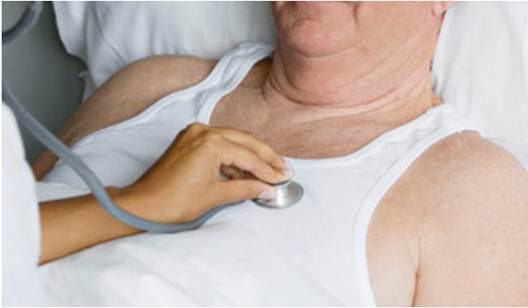Give your body an Mot with the top
health tests every woman should take
- The sunshine vitamin The best source of vitamin D is the sun, so it’s no surprise
that deficiencies are commonplace in the rain-plagued UK. A lack of the
vitamin can cause a softening or weakening of the bones known as
osteomalacia. Researchers have also found that vitamin D is crucial for
bolstering your immune system. Check your levels at home with a Myrios
Gold test, $56.25

The
best source of vitamin D is the sun.
- Pressure test High blood pressure can increase your risk of heart disease,
stroke and kidney disease. Being overweight, smoking and not doing enough
exercise are all contributors. A check-up is simple: your GP or pharmacist
will wrap a cuff around your upper arm and inflate it until it’s tight
before taking a reading.
- Sweet relief Can’t curb your sweet tooth? A fasting glucose test looks at
blood sugar imbalances which may stimulate food after eight hours without
food or drink (You can still drink water) and is used to screen for types
diabetes. If your levels are high (above 6mmol/L) you may have type 2
diabetes or pre-diabetes. Ask your GP for the test if you suffer cravings,
increased thirst and urination at night or feel irritable if you haven’t
eaten for a couple of hours. You should also be screened if type 2
diabetes runs in your family.
- The big screen A cervical screening checks the health of the cells in your
cervix. While one in 20 women will have abnormal cell changes, most won’t
lead to cervical cancer. The important thing is to be tested regularly to
catch problems early. Women aged 25 to 49 are invited for a test every
three years, so if you’ve had an invite but haven’t booked an appointment,
stop cringing and get a date in the diary.
- Weighty issue If you’re always tired, sensitive to the cold, have dry skin
and hair or put on weight, an underactive thyroid may be to blame. This
means the thyroid gland found in your neck isn’t producing thyroxine,
which manages your metabolism. The condition can be treated with
hormone-replacement tablets, but diet tweaks can also help. Ask your GP
for a test if you’re concerned.

‘Too
much “bad” cholesterol can be a marker for heart disease’